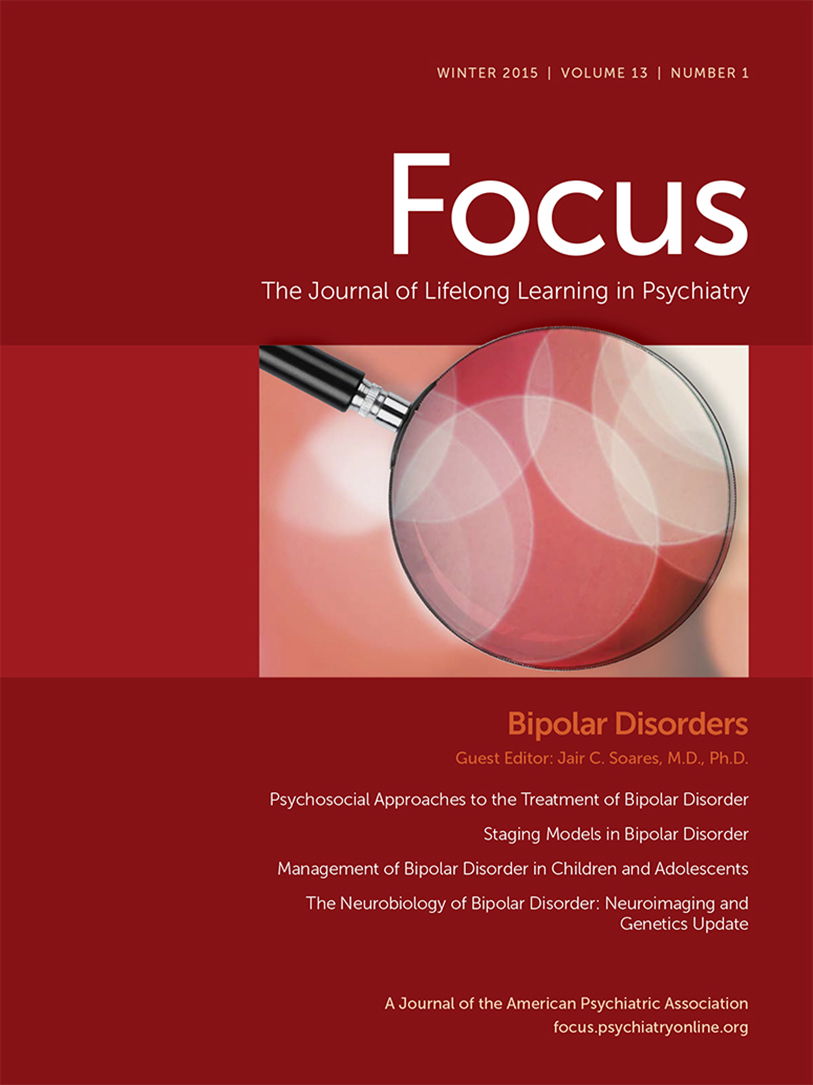Overview of Antidepressant Treatment of Bipolar Depression
Abstract
Bipolar depression remains a major unresolved challenge for psychiatric therapeutics. It is associated with significant disability and mortality and represents the major proportion of the approximately half of follow-up time spent in morbid states despite use of available treatments. Evidence regarding effectiveness of standard treatments, particularly with antidepressants, remains limited and inconsistent. We reviewed available clinical and research literature concerning treatment with antidepressants in bipolar depression and its comparison with unipolar depression. Research evidence concerning efficacy and safety of commonly used antidepressant treatments for acute bipolar depression is very limited. Nevertheless, an updated meta-analysis indicated that overall efficacy was significantly greater with antidepressants than with placebo-treatment and not less than was found in trials for unipolar major depression. Moreover, risks of non-spontaneous mood-switching specifically associated with antidepressant treatment are less than appears to be widely believed. The findings encourage additional efforts to test antidepressants adequately in bipolar depression, and to consider options for depression in types I vs. II bipolar disorder, depression with subsyndromal hypomania and optimal treatment of mixed agitated-dysphoric states – both short- and long-term. Many therapeutic trials considered were small, varied in design, often involved co-treatments, or lacked adequate controls.
Reprinted with permission from the International Journal of Neuropsychopharmacology 2013; 16:1673–1685



